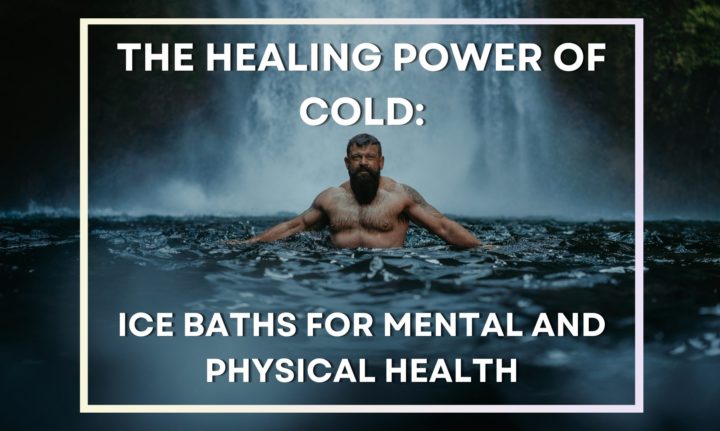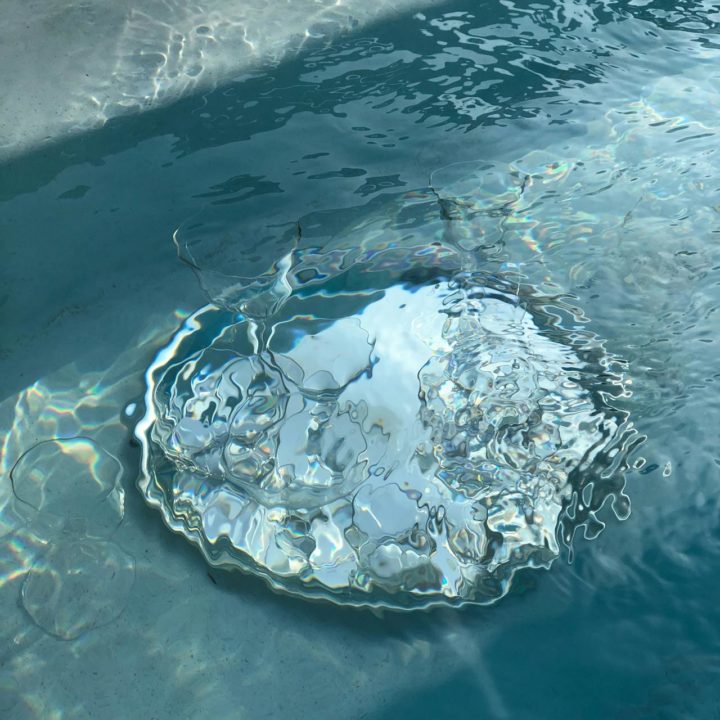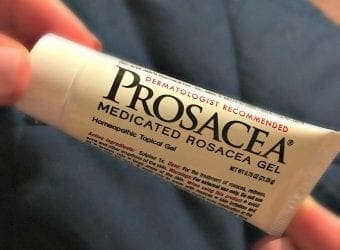The Healing Power of Cold: Ice Baths for Mental and Physical Health
Even though cold water might seem scary, it offers many benefits. It is a powerful way to heal your mind and body. Both athletes and those looking to improve their health benefit from immersion in cold water. Doing this can ease muscle pain, boost your immune system, improve your mood, and help you relax when you are nervous. It also improves healing, reduces inflammation, and even strengthens the mind. After getting out in the cold, you will feel healthy and energized, having woken up your body and cleared your mind.

Cold Ice Bath's 5 health benefits: Mental and physical
Ice baths, known as Cold Water Immersion Therapy, are traditional healthcare practices. Ice bath can improve your physical and mental health and relieve the pressures of everyday life.
5 key benefits of ice baths
Induces Pain Relief
Cold water therapy, such as ice baths, can reduce inflammation and influence nerve function. When you immerse yourself in cold water, your blood vessels constrict, reducing swelling and inflammation. This action alleviates pain from injuries and chronic conditions. Major League Soccer's medical coordinator, Dr. John Gallucci Jr., says inflammation in the body can cause pain, so reducing inflammation may help you reduce overall pain.
You will also experience increased blood flow when you exit the water, further assisting with pain relief. Contrast water therapy enhances this effect by pumping blood vessels with hot and cold water. It treats rheumatoid arthritis, carpal tunnel syndrome, and sprains.
As the Journal of Athletic Training reports, switching between hot and cold water constricts and expands blood vessels, increasing blood flow. Cold water therapy also blocks nerve cells that transmit pain signals, significantly reducing pain levels.
Positive Effects on Mood
Taking an ice bath or immersing yourself in cold water can make you feel much better. It helps to lose the stress and find balance in life. According to past research, the main reason why cold water raises dopamine levels is that it increases dopamine production by 250 percent. Dopamine, sometimes called the “feel-good” hormone, plays a crucial role in mood regulation.
Exercise physiologist Mathew Welch at New York's Hospital for Special Surgery says dopamine keeps us mentally sharp and alert all day. Even in Indonesia, people with gout who took a 20-minute cold-water bath four days a week (between 68 and 86 degrees F) felt less pain and a better quality of life. Besides reducing pain and improving mobility, cold water therapy also boosts mood.
Muscle Recovery: The Most Important Component in Any Fitness Routine
Boosts Muscle Recovery
It's common to use cold water therapy to ease muscle soreness after exercise. A review of multiple studies suggests that immersing yourself in cold water about 1 hour after working out can reduce muscle pain and speed up recovery for up to a day. Cold water might lower inflammation and numb pain, making your muscles feel less sore.
However, it is essential to note that cold water therapy is only sometimes practical. Some studies show it may relieve sore muscles and reduce muscle strength and mass if used too frequently. Research on ice bath best practices-such as temperature, duration, and frequency—is still inconclusive. There is also evidence that it provides relief for chronic conditions such as arthritis and fibromyalgia.

Photo by Jill Burrow on Pexels
Decrease Anxiety and Depression
Anxiety and depression may benefit from cold water therapy, which involves bathing in ice or taking cold showers. Researchers suggest that cold water can activate the body's stress response, boosting norepinephrine levels, a neurotransmitter that may help improve mood.
In 2021, undergraduate students took a 20-minute dip in cold seawater (13.6°C or 56.5°F). They felt more positive emotions like vigor and self-esteem while experiencing a reduction in negative feelings like tension, anger, and fatigue. As a result of these findings, cold water therapy appears to reduce symptoms of anxiety and depression. It is important to remember that cold water therapy should complement traditional mental health treatments, not replace them.
Relieves Inflammation and Swelling
When you immerse yourself in ice-cold water, the low temperature causes your blood vessels to constrict or narrow. This narrowing reduces blood flow to the muscles and tissues, which minimizes inflammation and swelling.
Reducing inflammation involves several physiological responses. Cold water lowers the skin's temperature, reducing metabolic rate and inflammation. When blood vessels constrict, less blood reaches the affected area, helping to limit inflammation and swelling. Research suggests frequent ice baths may inhibit muscle adaptation and strength gains, particularly in endurance athletes. For this reason, cold water therapy can be beneficial for reducing acute inflammation and swelling, but it must be balanced with other recovery methods.
Adding ice baths to your wellness routine can do a lot of good, from easing muscle pain and inflammation to boosting your immune system. Even though the shock of cold water might be strong initially, the long-term benefits of being more robust and faster to heal are worth it. Remember that ice baths have many benefits, but they are not a cure-all and should be used in addition to other treatments, not instead of them. You can reach your goals for better physical and mental health by being open to the cold. Also, it will benefit your mind and body.
How to Heal Your Body Naturally





